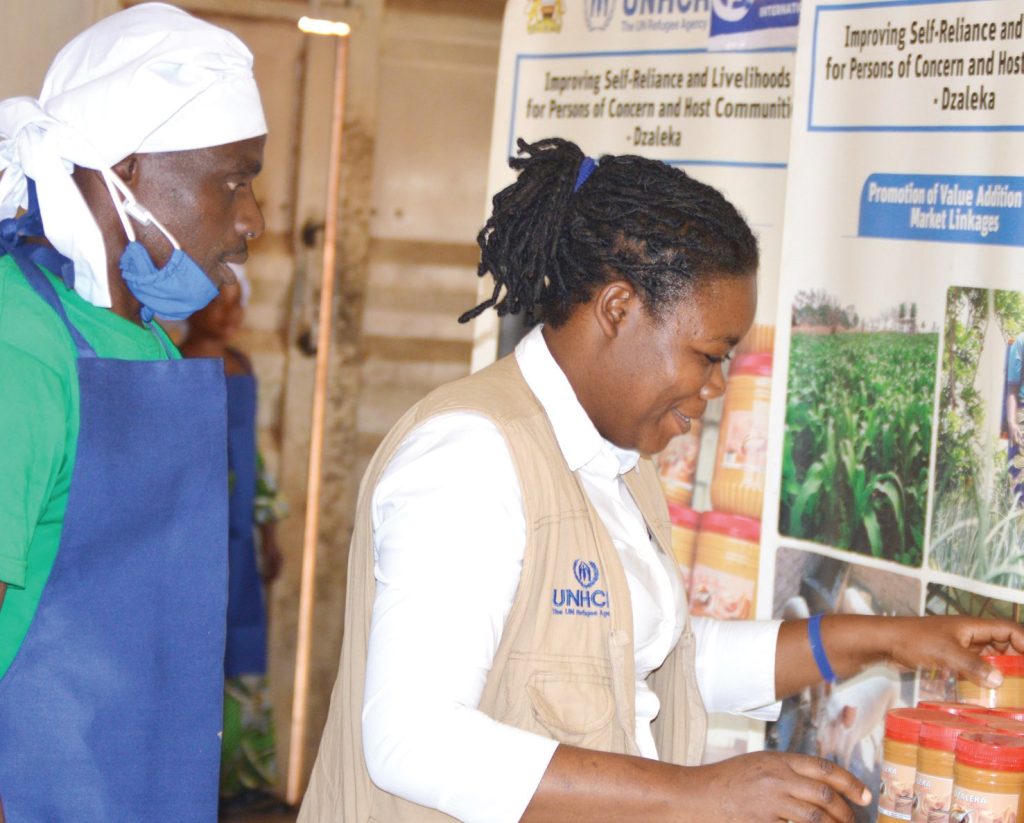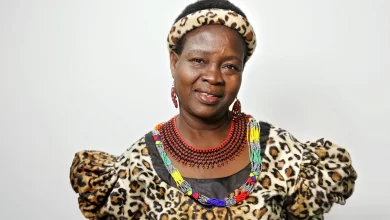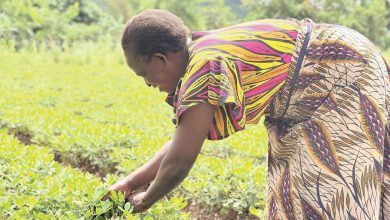Swings of humanitarian work
Dennis Chilembwe grew up dreaming of becoming a medical doctor, but works as a humanitarian worker at Dzaleka Refugee Camp in Dowa District.
The Plan International project facilitator for gender-based violence and psychosocial support is among millions who dedicate their lives to the well-being of people in extreme hardship and at risk of being left behind.

“Humanitarian work can be both exciting and challenging,” Chilembwe says. “The excitement emanates from the satisfaction that comes with helping people, but it requires passion, sophistication and determination.”
Humanitarian workers like Chilembwe support people in extreme need, often due to conflicts or disasters.
They provide the vulnerable groups’ most basic needs such as food, water, shelter and protection.
Chilembwe’s career spans over a decade having joined in as a relief food distributor under the World Food Programme of the United Nations.
Later, he worked at the now closed Luwani Refugee Camp in Neno District.
He believes he has “not really strayed” from his childhood dream.
“Like health work, humanitarian work is about helping people in need,” he says.
Chilembwe’s work— helping survivors of rape and GBV in the populous refugee camp—can be emotionally draining.
He states: “I have to listen to traumatising episodes from survivors.
“Sometimes you ask yourself: Am I not in a wrong career? You see your clients breaking down before you as they share their hardship.”
The pain bites harder when his office cannot provide “all the solutions”.
“In our work, we rely on partners in the referral system. It’s frustrating because we are limited. You feel like you let your clients down when they haven’t been assisted where you referred them to,” he says.
Monday was their day, the World Humanitarian Day commemorated annually on August 19. The commemoration dates back to August 19 2003 when a bomb attack on the Canal Hotel in Baghdad, Iraq, killed 22 humanitarian workers, including the UN special envoy Sergio Vieira de Mello.
The observance brings together partners from the humanitarian system to advocate for the survival, well-being and dignity of people affected by crises and the safety of aid workers.
The UN reports that an unprecedented 280 aid workers killed in violence last year.
It bills 2023 as the deadliest year on record for humanitarian workers, but warns that this year could be even worse.
Reads the report in part: “These facts lay bare a glaring truth: the world is failing humanitarian workers and, by extension, the people they serve.
“Despite universally accepted international laws to regulate the conduct of armed conflict and limit its impact, violations of these laws continue unabated, unchallenged and unchecked.”
This year’s theme, ‘Act for humanity’, reminds warringconstitutes a reminder of the importance of protecting civilians, including humanitarian workers.
Malawi, which has enjoyed peace since independence, bears the ripples of war on the continent.
Dzaleka, with the capacity of 10 000 refugees, now accommodates over 52 000.
According to the UN High Commission for Refugees, the camp welcomes 300 new arrivals monthly, swelling the demand for social services.
Bridget Fulagombe, another humanitarian worker in Dzaleka, says the growing population raises the demand for essential services as aid dwindles.
She works to improve the livelihoods and resilience of refugees through self-reliance initiatives.
“The population and the capacity do not match. Food insecurity is high and the living standards are pathetic, especially for children and women,” she observes.
Sifa Sitonye, a refugee who runs a tailoring shop, says the displaced community’s life would be harder without humanitarian workers.
“The emotional, material and advisory support keeps us going both socially and economically,” she says.
Humanitarian workers have also become handy as disasters such as droughts, cyclones, floods and disease outbreaks become more frequent and devastating due to climate change.
Department of Disaster Management Af f a i r s director of preparedness and response Moses Chimphepo says: “We have quiet dedicated humanitarian workers in the country to respond to disasters.
“They are well-trained on how to mobilise and quickly respond to. What we need to manage disasters effectively and efficiently are financial resources and the equipment. The will and zeal are there but what we need are resources.”
He hopes the Disaster Risk Management Act, passed in the wake of the devastation caused by Cyclone Freddy last year, will reduce pressure on humanitarian workers and boost efforts to build resilience and reduce disasters.
However, he calls for greater investment in search and rescue equipment.





